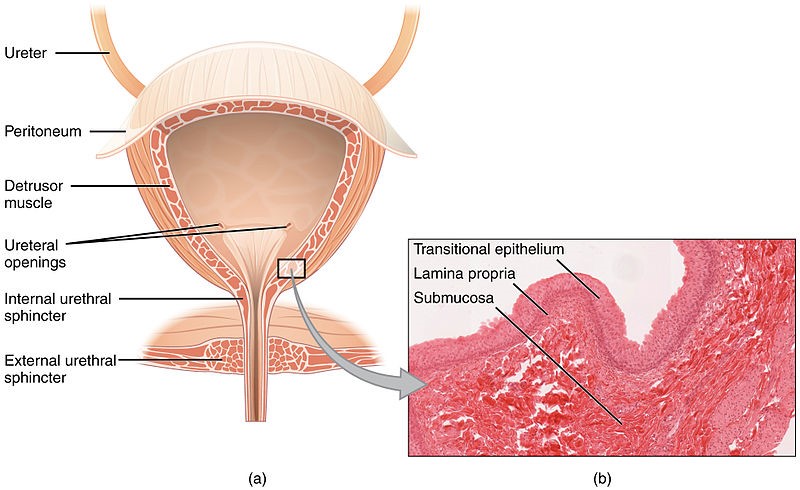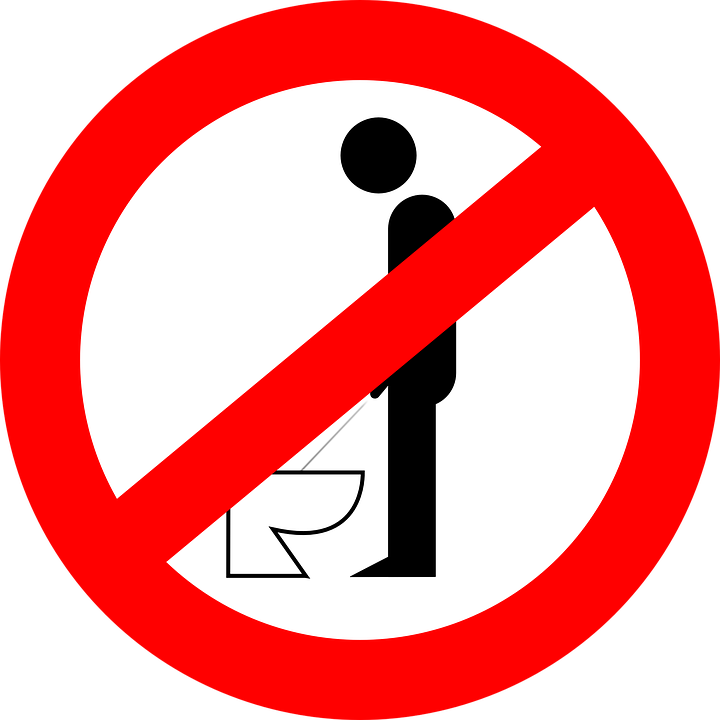If you are experiencing a burning pain or sting when you urinate, there can be a variety of causes. Most of these are simple to clear up; however, it makes sense to get a professional diagnosis if the pain persists or you cannot easily pinpoint the cause.

When approaching your GP, remember to mention any other symptoms that you might be experiencing in case they are linked. It is not always the case that the burning sensation is caused by an STI, but this is worth ruling out – especially if you have had unprotected sex with a new partner.
Cystitis
One common cause of pain when urinating is cystitis, especially in women. This can be caused by a variety of factors, ranging from dehydration through to irritating underwear! You can also get it after having sex, so be sure to urinate afterwards to lessen the risk. Cystitis can be very painful; however, it is easily treated with over-the-counter medications that help to clear the bacteria from your system and counteract the acidity that causes the burning. Drinking plenty of water is also vital, while cranberry juice has been shown to be a useful preventative.
Remember that if a urine infection is not treated, it can become a more serious form of UTI – urinary tract infection – and even lead to kidney damage. If you are experiencing persistent pain or having regular infections of this kind, make a doctor’s appointment quickly.

STIs
Remember that you can get an STI test London, either within a clinic or through a home testing kit from an organisation such as www.checkurself.org.uk/plus. This is a very good way to test for common STIs such as chlamydia and gonorrhoea. Although some STIs can sometimes have no symptoms at all – chlamydia being a common example – a burning sensation combined with discharge is often the first sign of an infection that leads people to get checked out.
Other causes
Other causes of the problem are mycoplasma genitalium, genital herpes, ureaplasma and trichomoniasis, all of which will need to be diagnosed and treated by a GP. A physical blow or damage can also cause inflammation and lead to pain. Either way, don’t let your discomfort persist – get checked out now and solve the problem quickly.



